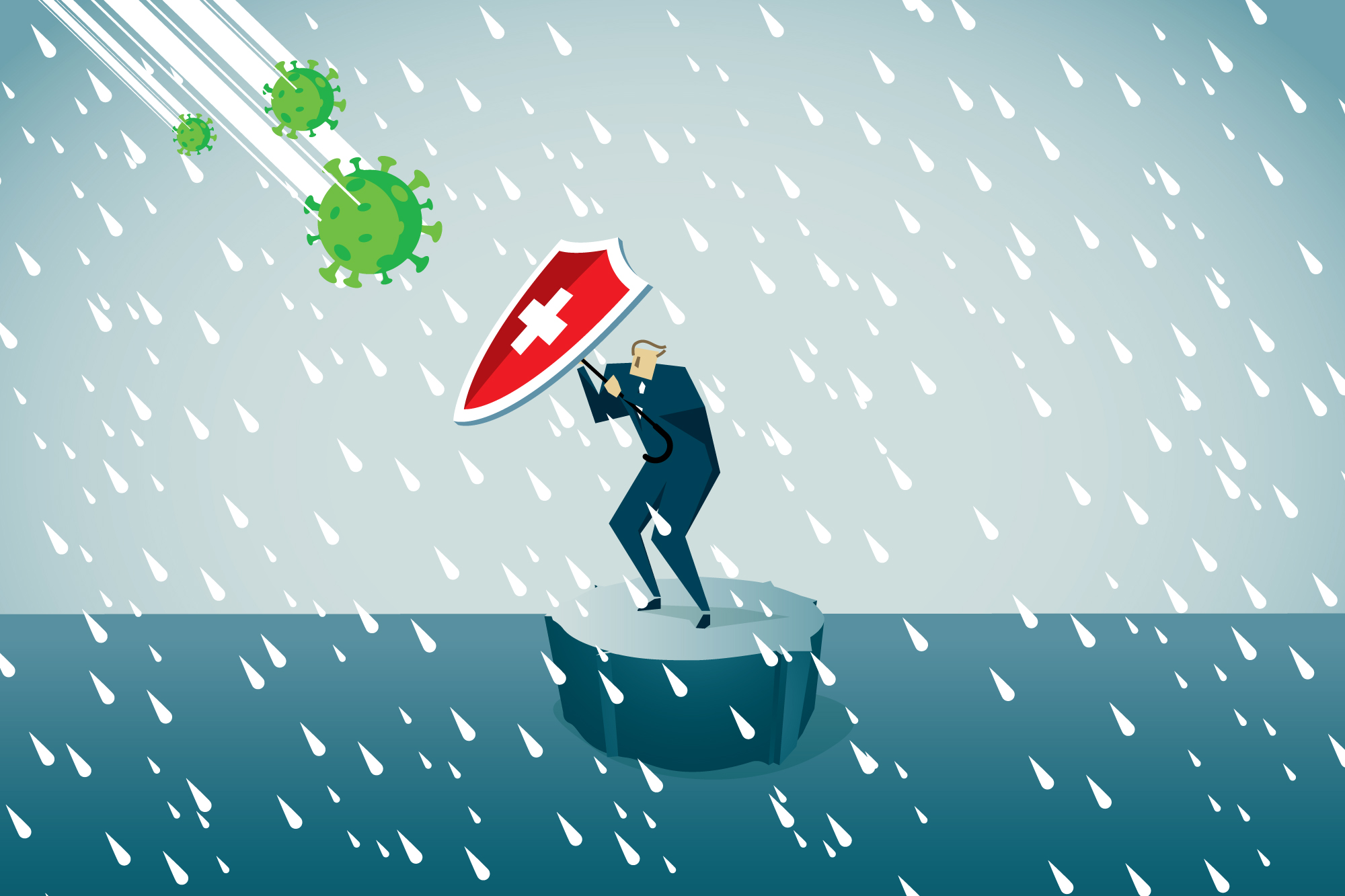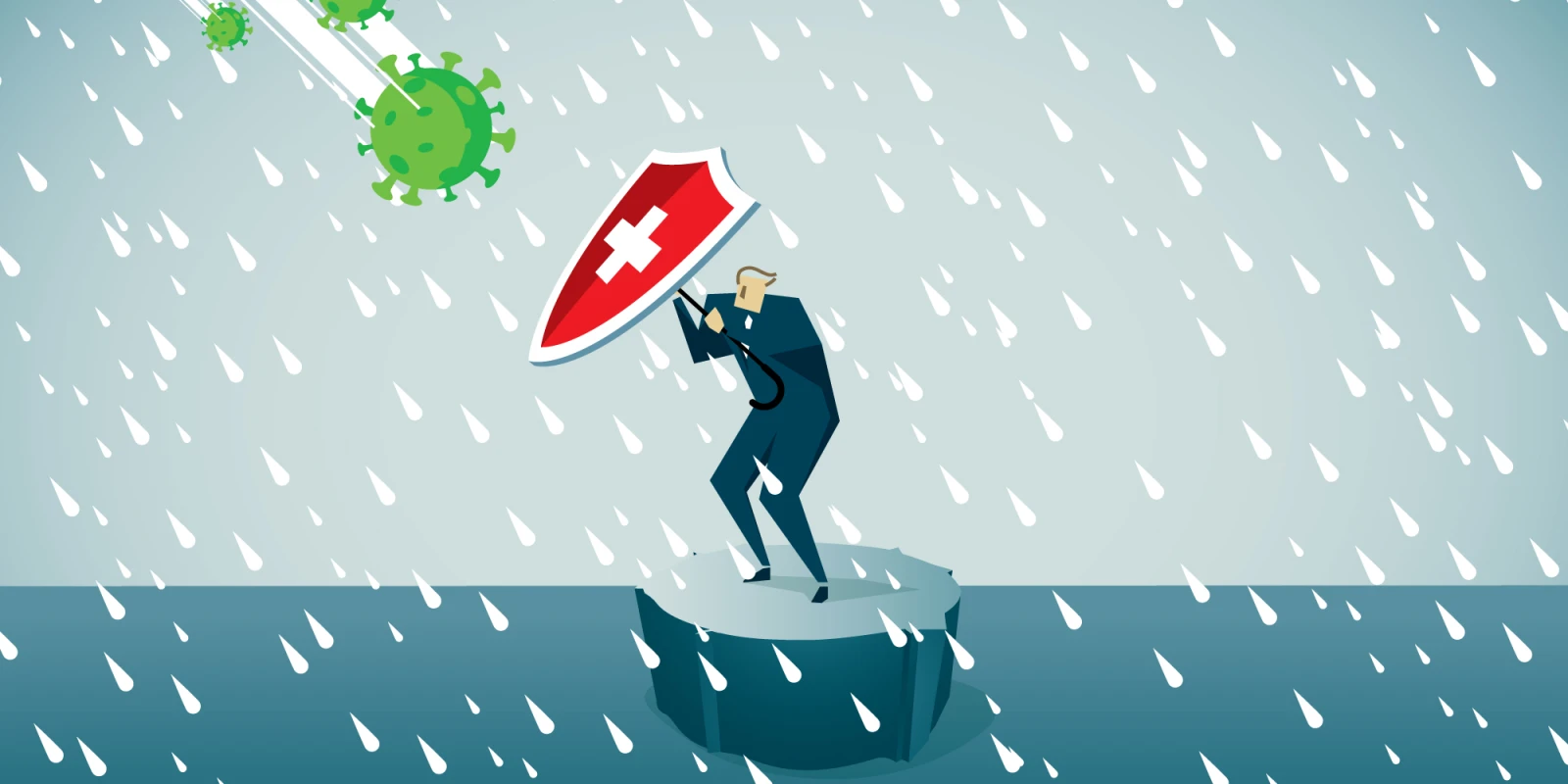
It was supposed to be a routine counseling session on an average Wednesday afternoon. I was supposed to be seeing Laura in her office to discuss career options and where I would go after residency. And afterwards, I was supposed to be packing my bags for a weeklong vacation to Mallorca, Spain where I would spend my days cycling along cliffs overlooking the Mediterranean.
That’s how things were supposed to go. Instead, I spoke with my counselor over the phone walking down a nearly empty street, only side-stepping the rare dog walker to maintain an appropriate six feet of separation. Instead of helping me brainstorm post-residency plans, Laura spent an hour listening as I attempted to process my thoughts about the coronavirus pandemic. And instead of packing a suitcase with biking shorts and sunglasses, I went back to my condo to write a list of home improvement projects — small chores that would give some sense of purpose or accomplishment to my newly imposed self-isolation.
Of all the things that make this pandemic unique, perhaps chief among them is its pervasiveness. It is nearly impossible to forget the crisis lurking outside our doors, even for a moment. March in my home state of Michigan already means plenty of cloudy days, but the grey skies now have a somewhat sinister air instead of their normal sleepy comfort. I recently listened to a speech by the Governor of New York, Andrew Cuomo, in which he stated, “These are the most emotionally stressful conditions you can imagine…It’s not just you; it has changed everything.”
You see, it is not just about the vacation I won’t be going on, and it is not that I had to change my appointment with my counselor. Nor is it about the future vacation that will likely be postponed, or that a friend cancelled her baby shower. It is not about the rescheduled dinner parties and concerts, the cancelled athletic events and residency karaoke nights. It is about all of these things, all at once. There is no foreseeable limit or end to the disruptions each of us is facing in our daily lives. I think we are all capable of handling the occasional curve ball or disappointment that comes our way. But the cumulative effect of a thousand micro-disruptions hitting simultaneously is staggering — a psychological wrecking ball. We live in a society accustomed to endless choices; now, I don’t even know when I will be able to schedule a haircut. Another small disruption I can add to my list.
And there are other, less tangible disruptions. The social upheaval from the pandemic runs deep; so deep that it has changed the very meaning of our words. James Kuo, a hospitalist in Kirkland, WA, wrote a recent article for the New York Times reflecting on how his world has changed. “In the time of coronavirus, “ he writes, “ ’I love you’ is what we say before loneliness or loss, not before a hug or kiss.” Three words that used to convey warmth and welcome, now uttered before a spouse leaves for their shift in the emergency department, or before a parent is put on a ventilator. They have become an insurance policy against missed opportunities — when you don’t know if you will be the next person the virus leaves breathless, it is better to say the words now than risk having them stolen away from you.
So for now, I take comfort in what small certainties I can. I know I can lace up my running shoes and find solace in the warm spring air. I know I can combine flour, butter, and sugar to bake something delectable. And I know I can count on my team. My co-workers at the hospital will have my back when I return to the trenches, and I will have theirs. Amidst the chaos, that is one thing the virus cannot disrupt.
Meredith Busman is an emergency medicine resident at Spectrum Health in Grand Rapids, Michigan. When she isn't caring for patients or promoting the welfare of her fellow residents, she spends her time watching reruns of The Great British Bakeoff, biking, or training for her next marathon.
Click here to see more perspectives on COVID-19 from the Doximity network.
Click here for up-to-date news about COVID-19 on Doximity.






